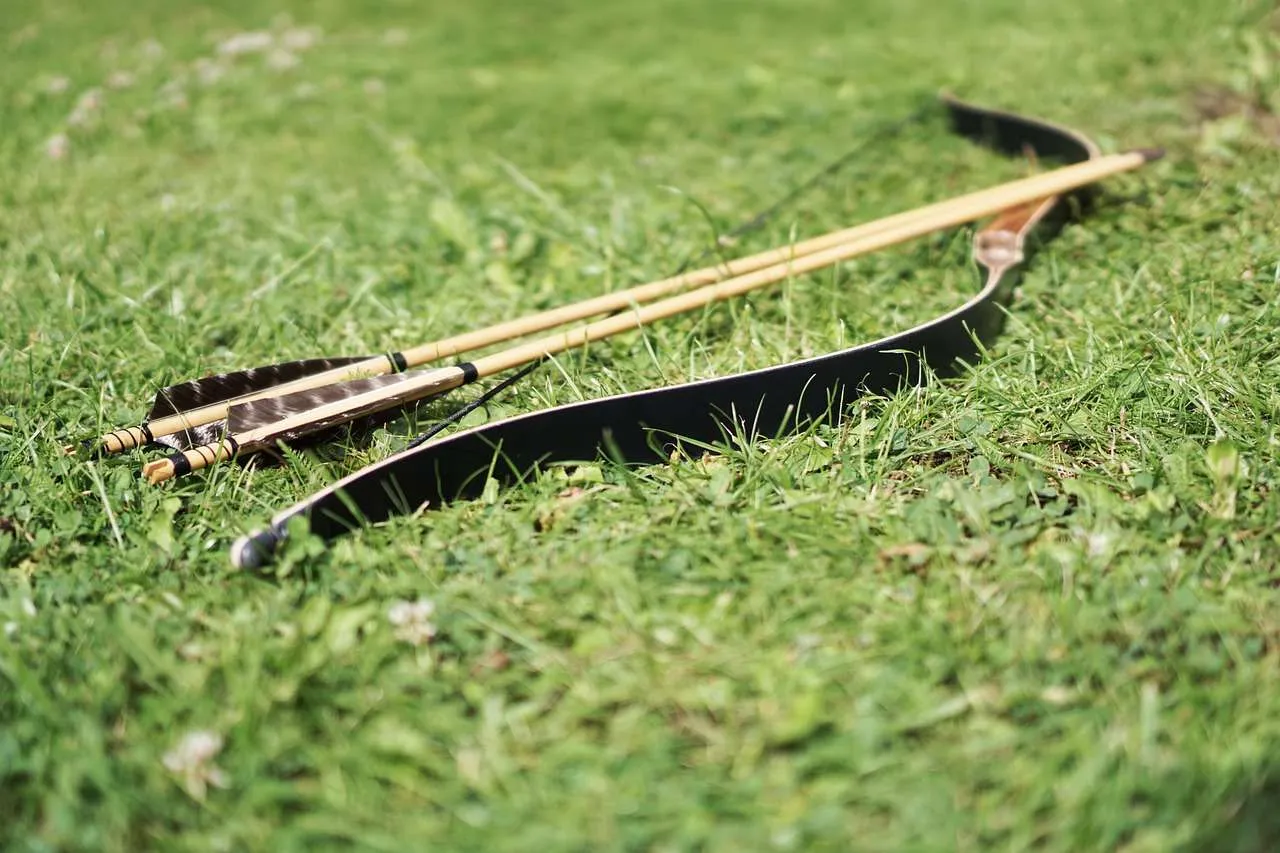Once considered as a weapon of choice for everyone, from the Native Americans to the Mughal armies, a bow has been an elegant weapon that has served mankind since ages. Cupid, the god of love and the legendary hero Robin Hood have also used a bow and arrow. On the lighter side, it could be handy, when one is lost on an island or in a forest. This is the easiest weapon to make for self-protection and hunting. Archery which is played by shooting arrows with a bow, is an Olympic sport.
A lot of care and patience should be taken while making the bows and arrows so that it has the right balance. Making a bow and arrow can be a creative activity for older children and adults. But extreme care should be taken, while using the bow and arrows. When handled negligently, it could lead to injury and possibly death. Although, many types of modern bows and arrows are available in the market today, nothing is more satisfying than making one yourself. Here are few instructions on how to make a wooden bow and arrows.
Choosing the Right Wood
The best wood to make a bow is deadwood. However, bows can be made from oak, yew, teak, elm, hickory, black locust and hazel depending on their availability. Bows should be built as high as the height of the user to give the best results. Whatever wood is used, make sure that it is an inch thick in diameter, about 5 to 6 feet long, and is easily bendable. For arrows, the wood can be half-inch thick and about 1 to 2 feet long.
Making the Bow
- After selecting the wood, cut off the top of the stick with a knife.
- Shape the bow wide at the center and narrow and flexible at the ends.
- Whittling the entire length of the bow including the branches is very important.
- Cut two notches with the help of a knife at about 1 or 2 inches from both the ends of the bow. The notch should be deep and go about halfway through the diameter. It should be cut at a 90 degree angle, on the side of the bow which arches outward. These notches are important as they hold the bowstring together.
- A variety of material can be used for the bowstring. These include:rawhide, thin nylon, cotton strands, hemp cord, vines and sinew. These strings need not be stretchable, as the power comes from the bow itself. Shorter the length of the string, stronger the bow.
- First, make a loop at one notch, then using your foot as leverage, force a gentle curve and secure the second notch at the other end. The bow is now ready.
Making the Arrows
- Choose straight sticks for making the arrows. The best wood for making arrows is black locust, elm or oak.
- The diameter of the arrow stick should be about half an inch and the length should be half that of the bow.
- Shape the arrow by whittling the wood, but remember not to make notches at both the ends. Instead, make only one notch at the end of the arrow, where the bowstring will sit when pulled through the bow.
- Carve out arrowheads at the front of the arrow. If the arrows are made at home, and not in a jungle, arrowheads from metal, stone or glass can also be made.
To provide more balance and accuracy, some feathers can be added to the end of the arrow stick. These can be made from cardboard papers by cutting into triangles and attaching to the tail of the arrow. Keeping them evenly spaced will give the arrow a spin, when released.
The most time-consuming task of making a bow and arrows is whittling of wood. If proper whittling isn’t done, it won’t be effective to use. When the bows and arrows are ready, they can be tried out in the woods but one should remember that the accuracy of these weapons are only as good as ones aim or shooting skills.

